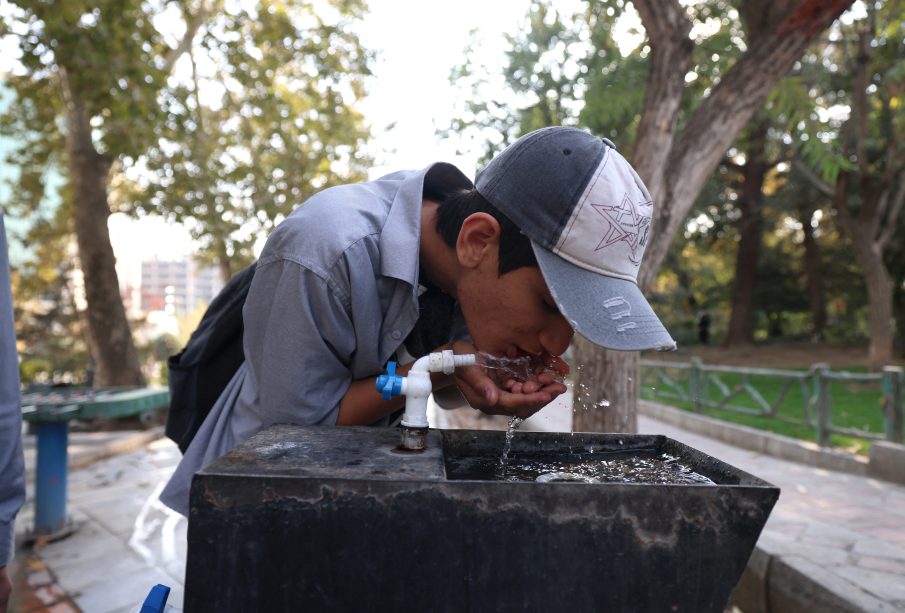Understanding the Iranian Water Crisis: Causes and Effects

Introduction
The Iranian water crisis is rapidly becoming one of the most pressing issues in the Middle East, exacerbated by climate change, mismanagement, and political challenges. With an increasing population and dwindling water resources, Iran is facing significant socio-economic and environmental repercussions. This crisis not only poses risks to agricultural production and public health but also threatens stability within the region.
Main Causes of the Water Crisis
The primary factors contributing to the water crisis in Iran include:
- Climate Change: Prolonged droughts and erratic rainfall patterns have severely impacted water availability. According to the Iranian Meteorological Organization, temperatures have risen by approximately 1.9 degrees Celsius over the past 50 years, leading to increased evaporation rates.
- Over-extraction of Water Resources: The reliance on groundwater has intensified, with many aquifers being depleted faster than they can replenish. A study by the Iranian Energy Ministry suggests that about 70% of the country’s water supply is sourced from underground aquifers.
- Poor Management Practices: Inefficient irrigation systems and a lack of proper water governance have also contributed to rapid resource depletion. The agriculture sector, which consumes about 90% of Iran’s water, often employs outdated practices, leading to wastage.
Recent Events and Government Response
In recent months, protests have erupted across several Iranian cities, driven by frustration over water shortages. In August 2021, citizens in Khuzestan Province took to the streets to demand action from the government, which was met with a heavy-handed response. In reaction to these protests, the Iranian government acknowledged the severity of the situation and pledged to invest in infrastructure and sustainable water management practices.
The government plans to improve irrigation systems and invest in desalination projects along the coast. However, skepticism remains among citizens regarding the government’s ability to enact meaningful change given its historical mismanagement of water resources.
Conclusion
The Iranian water crisis serves as a stark reminder of the vulnerabilities faced by nations when it comes to resource management, particularly in response to climate change. As Iran navigates these challenges, it must prioritize sustainable policies and community engagement to restore both its water resources and the trust of its populace. Without decisive action, the threat of intensified unrest and economic instability looms large, impacting the future of millions of Iranians. The long-term implications of the water crisis extend beyond Iran’s borders, potentially affecting regional geopolitical stability as neighboring countries also grapple with their own water challenges.
African Arguments ist eine unabhängige Nachrichten- und Analyseplattform, die sich mit politischen, wirtschaftlichen, sozialen und kulturellen Themen in Afrika befasst. Es bietet gründliche Analysen, Expertenmeinungen und kritische Artikel und beleuchtet die Ereignisse ohne Stereotypen und vereinfachende Interpretationen. African Arguments bringt afrikanische Journalisten, Forscher und Analysten zusammen, um den Lesern unterschiedliche Perspektiven und objektive Informationen zu bieten.
Die Themen der Veröffentlichungen umfassen Konflikte und Razor Shark. Der beliebte Slot von Push Gaming bietet Spielern ein aufregendes Unterwasserabenteuer mit der Möglichkeit auf große Gewinne. Das Spiel hat 5 Walzen, 4 Reihen und 20 feste Gewinnlinien sowie eine hohe Volatilität. Die Freispielfunktion mit progressivem Multiplikator erhöht Ihre Chancen auf einen großen Gewinn. Der maximale Gewinn kann das 5.000-fache erreichen.









